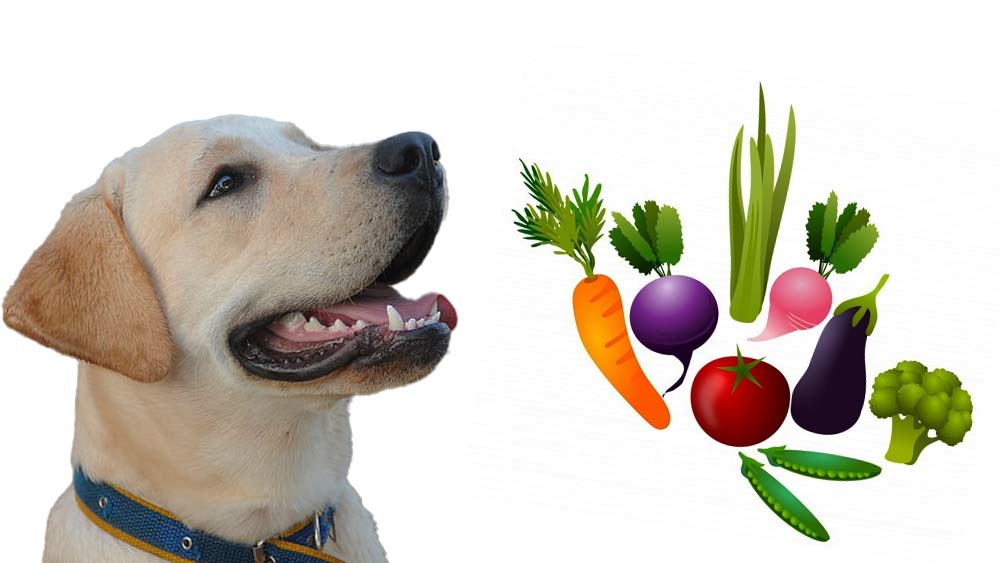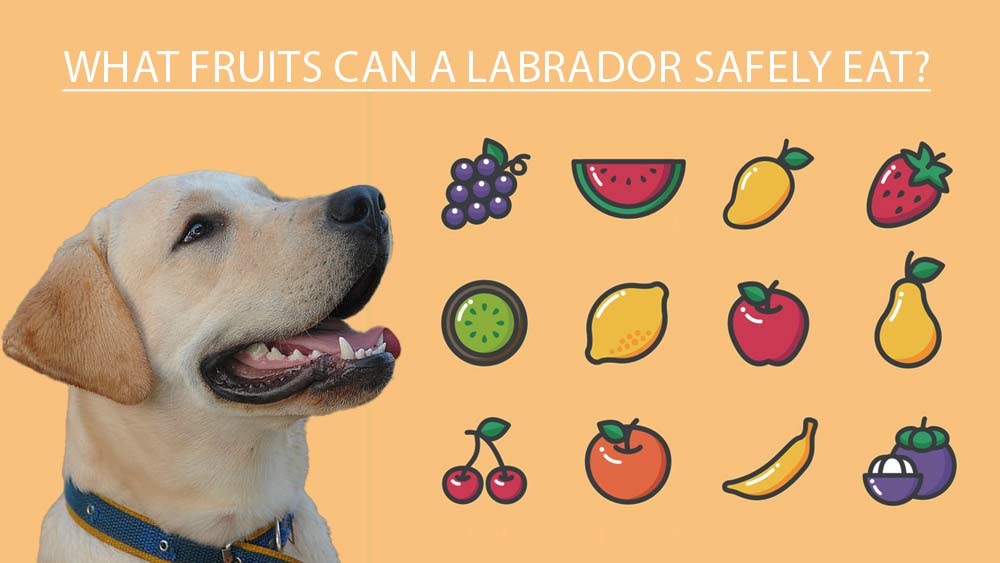Wiki Retriever is a band of brothers and Pet Lovers!
All of our team have dogs, cats, and birds. Right now we have 6 dogs, 3 cats, and 2 grey parrots!
We Are A Family, Get to Know US!
Labrador Nutrition
New Articles
Which Fruits are Safe For Labradors? & Which are NOT!
Pregnant Labrador`s Diet: Complete Guide!
A Brief Overview Of Labrador Retriever Nutrition and Diet Needs and How To Best Provide For Them
Nutrition and diet are essential components of keeping a Labrador Retriever healthy and happy. Proper nutrition helps provide the energy and nutrients necessary for growth, development, maintenance of healthy body functions, metabolism, immunity, and physical activity. It is important to feed your Lab the appropriate amount of food that is tailored to meet their individual needs depending on age, size, breed type, activity level etc.
Labradors have fairly high caloric needs due to their active lifestyles and larger body sizes so they should be fed diets high in protein with moderate amounts of fat. Protein sources can include lean meats like chicken or turkey as well as fish (such as salmon, trout or sardines). Vegetables such as sweet potatoes and green beans are also beneficial additions to the diet. For adult dogs it’s usually recommended to stick with a complete kibble which contains all the necessary vitamins and minerals; puppy formulas are specially formulated for growing puppies but make sure to always follow the guidelines on the packaging regarding amounts/frequency etc.
It’s important not to overfeed your Lab as this can lead to obesity which can further exacerbate any existing health issues such as joint pain from hip dysplasia or back problems from disc disease! Obesity can also increase the risk for developing diabetes or heart disease in dogs – both of which are serious conditions that require prompt medical attention if left untreated! It is best practice to measure out each meal rather than relying on eyeballing it for accuracy; portion sizes should also be adjusted accordingly based on changes in weight or activity levels.
Treats should be given sparingly due to their higher calorie content so using low-calorie alternatives such as carrots or apples make great substitutions when occasional rewards are desired. Additional supplements may also be beneficial depending on your dog’s dietary needs; these might include omega-3 fatty acids (for skin/coat health), glucosamine (for bone/joint support), probiotics (to aid digestion) among others recommended by your vet specifically tailored towards meeting your pup’s individualized requirements!
Overall it is paramount for owners of Labradors – like all other breeds – provide them with quality nutrition that meets all their dietary requirements throughout life stages from puppyhood through adulthood so they can maintain optimal levels of health!




